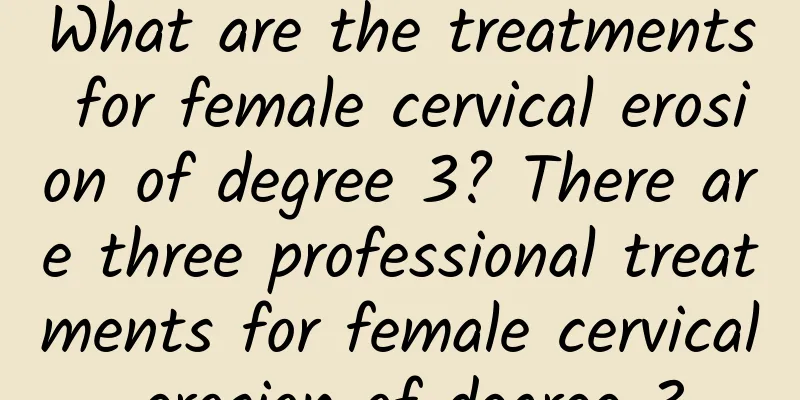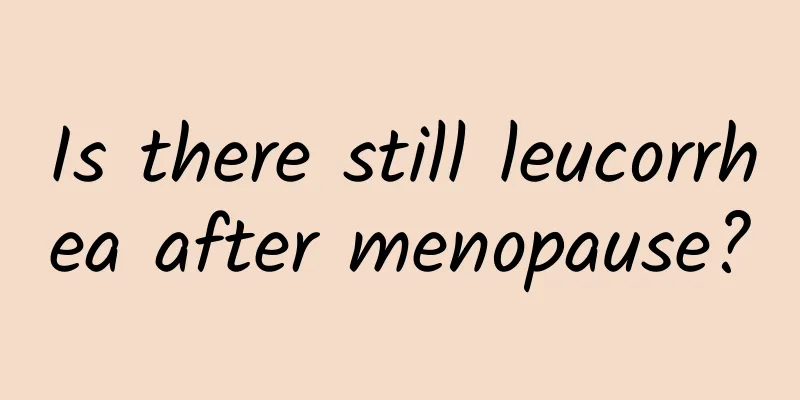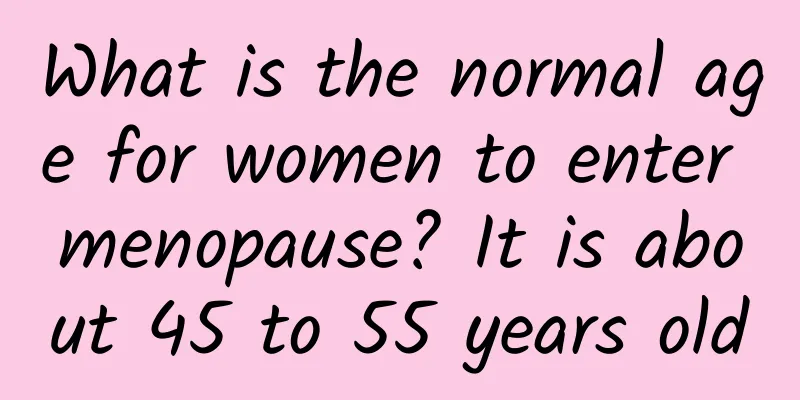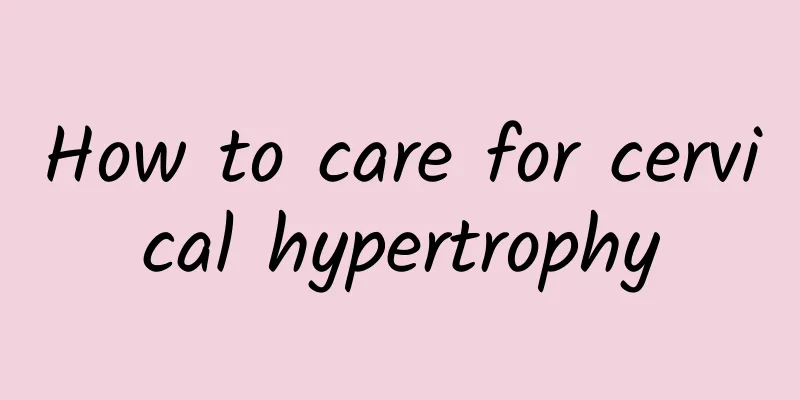Cervical cyst hypertrophy and hardness
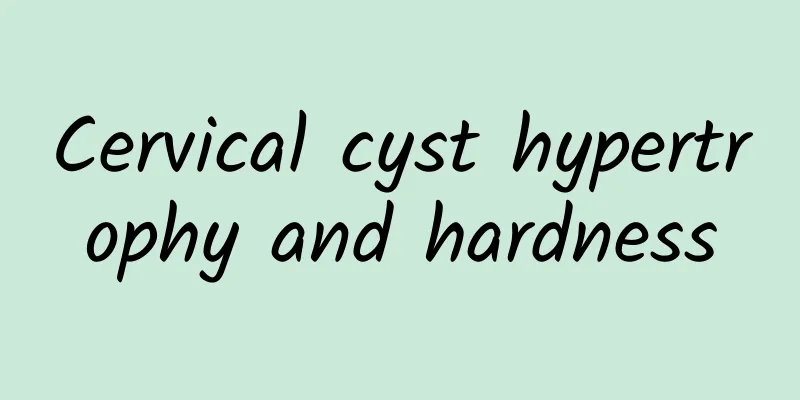
|
The enlargement and hardening of cervical Nabothian cyst may be the result of long-term accumulation of secretions in the cyst, inflammatory stimulation or tissue fibrosis. It is usually a benign lesion, but other risks need to be ruled out through examination. Cervical Nabothian cysts are small cystic lesions caused by blockage of cervical glands, which mostly occur in women of childbearing age. The hypertrophy of the cyst may be related to multiple factors, including the gradual enlargement of the cyst after chronic cervical inflammation causes gland obstruction, or the thickening of the cyst wall causes hardening. Cysts usually have no obvious symptoms, but if there are abnormal vaginal discharge, contact bleeding, lower abdominal pain and other manifestations, you should be alert to the possibility of other cervical lesions and seek medical attention in time. The diagnosis is usually confirmed through gynecological examination and B-ultrasound. If necessary, the doctor will recommend cervical cell examination or histopathology to rule out risks such as cervical cancer. Whether hypertrophic and hardened cysts need treatment depends on the symptoms and whether it affects health. Cervical Nabothian cysts are small cystic lesions caused by blockage of cervical glands, which mostly occur in women of childbearing age. The hypertrophy of the cyst may be related to multiple factors, including the gradual enlargement of the cyst after chronic cervical inflammation causes gland obstruction, or the thickening of the cyst wall causes hardening. Cysts usually have no obvious symptoms, but if there are abnormal vaginal discharge, contact bleeding, lower abdominal pain and other manifestations, you should be alert to the possibility of other cervical lesions and seek medical attention in time. The diagnosis is usually confirmed through gynecological examination and B-ultrasound. If necessary, the doctor will recommend cervical cell examination or histopathology to rule out risks such as cervical cancer. Whether hypertrophic and hardened cysts need treatment depends on the symptoms and whether it affects health. For mild or asymptomatic cysts, an observation and follow-up strategy can be adopted, and excessive treatment is not necessary. However, if the cyst continues to grow, is accompanied by infection or has obvious symptoms, minimally invasive surgery, cryotherapy, and laser surgery can be selected for treatment. Minimally invasive surgery discharges the contents of the cyst through a small incision, is less invasive, and has a quick recovery; cryotherapy and laser treatment are suitable for more severe inflammation or cyst tissue mutations. To avoid cyst recurrence, it is recommended to maintain good living habits, such as ensuring the cleanliness of the vulva, avoiding frequent use of vaginal washes, and regular gynecological examinations. |
<<: Adenomyosis: Foods not to eat
>>: How to treat endometritis and pelvic inflammatory disease quickly
Recommend
Is it necessary for patients with cervical erosion to undergo TCT examination? Two common senses about TCT examination of female cervical erosion
Adult women should be familiar with the phenomeno...
Why does the uterus grow fibroids during cesarean section? Will the uterine fibroids shrink after cesarean section?
Why does uterine fibroids grow after a cesarean s...
Can foot patches relieve menstrual cramps?
Whether foot patches can relieve dysmenorrhea can...
Let me introduce you to the clinical manifestations of vulvar leukoplakia
Vulvar leukoplakia is a common gynecological dise...
What to do if you have lower back pain after miscarriage?
What to do if you have lower back pain after misc...
Here are some of the causes of third-degree cervical erosion
Third degree cervical erosion is one of the gradi...
Describe in detail the symptoms of patients with menstrual disorders
Nowadays, more and more women may suffer from irr...
Treat bitterness as tonic! Bitter Melon Enzyme Juice Helps Lose Weight
The active ingredients in bitter melon can inhibi...
What medicine should I take for ovulation bleeding?
In the middle of the menstrual cycle, i.e. during...
Is polycystic ovary polycystic?
Ovarian polycystic changes are not equivalent to ...
What should I do if my menstruation has not come for a long time?
If menstruation is not coming, first exclude earl...
Exercise to get a six-pack and eat to stay slim and fit!
Why do some people become out of shape and look l...
What causes recurrence of Bartholinitis?
Many women are often troubled by gynecological di...
What should I do if I have irregular menstruation and prolonged bleeding?
What should I do if I have irregular menstruation...
What tests should be done for congenital absence of vagina?
The examination for congenital absence of vagina ...

